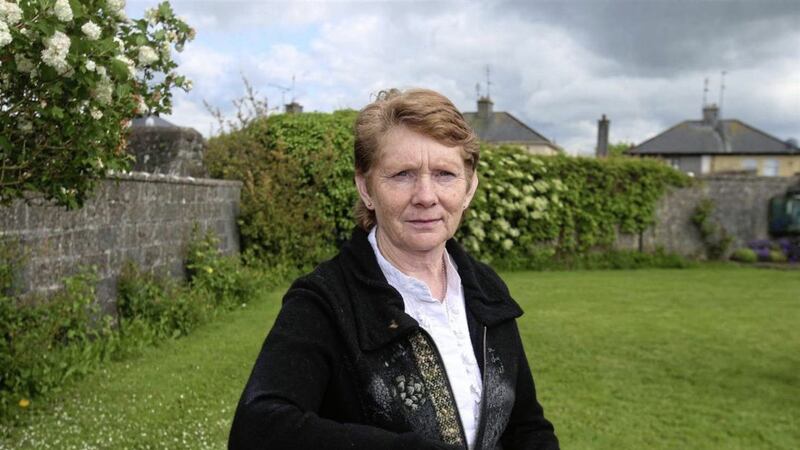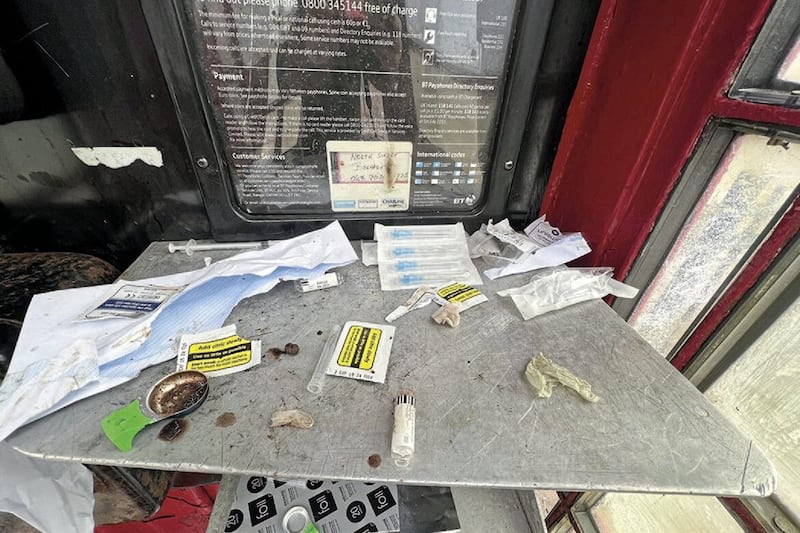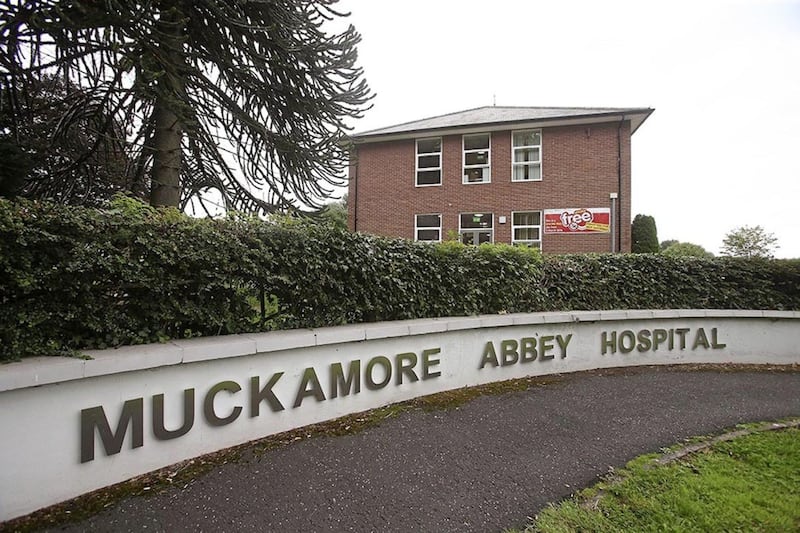THE sentencing of former Irish Times sports journalist Tom Humphries for child abuse has again exposed our double standards when it comes to criminal behaviour.
Formerly one of the best-known writers in the Irish media, and cited as an example to many young journalists, much of the coverage of the case has focused on Humphries's perceived fall from grace.
The judge who sentenced Humphries, Judge Karen O'Connor, intimated as much when she said it would be "difficult not to have sympathy for him".
While not excusing his vile actions, Judge O'Connor said: "It's something of a truism to say the higher the profile and success of a member of society the greater the fall".
But Humphries wasn't an Icarus soaring too close to the sun. He was a calculating and controlled abuser of a young girl.
Given the facts of the case, the judge's comments seem all the more astonishing.
In 2008, then aged 45 and a volunteer GAA coach in Dublin, he contacted the girl after getting her number from a third party.
The young camogie player was 14 at time, apparently vulnerable and suffering from an eating disorder - a prime target for manipulation by an adult.
At first his texts seemed encouraging, urging her improve her playing.
Yet the messages - including 16,000 of them during just three months leading up to March 2011 - later became explicit and led to sexual abuse.
His crime was only discovered when his own daughter discovered the messages on an old phone he had given her to pass on to charity.
Although Humphries did eventually plead guilty, he didn't do so until March this year.
A crime that was first uncovered in 2011 took six years to be resolved in court - more than twice as long as Humphries's relatively lenient two-and-a-half year sentence.
Including time spent on bail, he can expect to be released by the end of May 2019.
His victim, however, has been given a life sentence. In her victim impact statement she said the abuse had made her feel sick and had damaged her self-confidence and her trust in men.
But despite her pain, she showed huge compassion to Humphries's family, thanking them for reporting the abuse to gardai and telling them she prayed that they could "all get past this and somehow manage to live a normal, healthy life".
If Humphries hadn't had such a high profile, it's doubtful that the case would have been reported on in such depth. After all, scores of abusers pass through the courts on both sides of the border every year.
There's a pervasive idea that criminals fit a certain 'type' - poorly educated men from low-income backgrounds. Humphries simply didn't seem 'that kind of fella'.
Yet it's perfectly possible to be an articulate professional and a sex offender.
If we've learnt anything from historic abuse scandals it's that those responsible for caring for children often used their power to abuse the most vulnerable.
This case didn't point to one man's momentary lapse in judgment but a sustained, determined attempt, carried out over several years, to groom a child.
In the same week as Humphries was sentenced, amateur historian Catherine Corless won a human rights award for helping to uncover a mass grave at a former mother and baby home, run by the Bon Secours congregation in Co Galway.
After Corless found death certificates, but no burial records, for almost 800 infants at the home in Tuam, she spent months trying to bring her findings to public attention.
She had previously spoken of her surprise that none of the people she initially contacted - gardai, nuns, clergy or local newspapers and radio stations - seemed outraged or even all that interested in her findings.
Ms Corless said attitudes appeared to be: "That's a long time ago, forget about it, it doesn't matter any more."
The children buried at Bon Secours were born to women reviled by Irish society at the time and their deaths were seen as of no consequence. Ms Corless's tireless work has finally given the victims and their families a voice.
Yet the voice of Humphries's victim has been lost in a case which seems to have focused more on her abuser's fall from a relatively high social position than his actions.
"Dealing with sexual encounters with a man three times my age made me physically, mentally and emotionally ill," her statement read.
No child should ever have had to experience what she did.
The fact that abuse continues in all levels of Irish society should shake us from any complacency that the sexual exploitation of children only occurred in our dark past, by people who were strangers to us.








